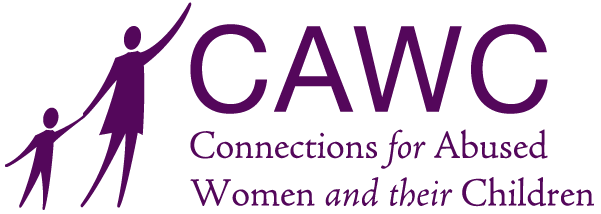The holiday season is a time designed to bring out the best in people: many of us strive to be more emotionally charitable at family and social gatherings, or financially charitable toward our favorite organizations and causes. Being our best selves can come as a challenge for even the most well-intentioned, given that the holiday season is so busy and potentially stressful.
However, for domestic violence survivors, the holiday season brings with it far more stressors than for most, as the should-be joyful time sees surges in domestic violence rates and incidents. Understanding the factors contributing to this is crucial for prevention and intervention efforts. Here’s why domestic violence during the holidays is a serious problem — and how you can help by being the best version of yourself this season.
Factors That Can Exacerbate Abuse During the Holidays
Financial Stress
One of the most significant contributors to the rise in domestic violence during the holidays is financial stress. The pressure to buy gifts, host gatherings, and meet societal expectations can strain household budgets. This financial burden often exacerbates existing tensions within relationships, making it a trigger for violent behavior.
Emotional and Psychological Factors
The holidays can also be emotionally taxing. The expectation to maintain a cheerful demeanor, coupled with the stress of family interactions, can lead to heightened emotions. For those already in volatile relationships, these emotional triggers can escalate conflicts into physical violence.
Increased Alcohol Consumption
The holiday season is often accompanied by increased alcohol consumption, which is a well-known risk factor for domestic violence. Alcohol can impair judgment and lower inhibitions, making it easier for underlying tensions to erupt into physical confrontations.
Limited Access to Support Services
During the holidays, many support services like shelters and hotlines may have reduced hours or may be understaffed. This can make it more challenging for victims to seek help or escape abusive situations.
The Role of Family Dynamics
Family gatherings can sometimes act as a catalyst for domestic violence. The presence of extended family can either inhibit or provoke violent behavior. In some cases, family members may even normalize or trivialize the abuse, making it difficult for victims to speak out.
The Illusion of Togetherness
The societal emphasis on family and togetherness during the holidays can also be a contributing factor. Victims may be more reluctant to leave or report their abusers during this time, fearing they’ll ruin the holidays for their children and others with whom they normally observe the holidays.
How You Can Help
You can help survivors of domestic violence by connecting them with resources in your area or supporting a local nonprofit that provides related services. You can do this by:
- • Making a donation
- • Volunteering your time, expertise, or assets
- • Donating “wish list” items
- • Joining a board of directors
Give Abuse Survivors a Brighter Holiday Season With CAWC
At Connections for Abused Women and Their Children (CAWC), we believe that everyone has a right to a life free of violence. Our mission to end domestic violence is rooted in education, service, and advocacy. In addition to working toward broader social change, we provide empowerment-based and trauma-informed support in the form of shelter, counseling, and advocacy to individuals affected by domestic violence and their children.
If you or someone you know is struggling with domestic violence, don’t hesitate to call our 24-hour hotline at (773) 278-4566.
Want to help us protect more women and children? You can impact the life of a domestic violence survivor or a child who witnessed domestic violence by donating to CAWC today or by supporting our work in other ways.
